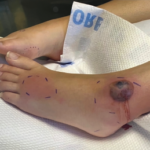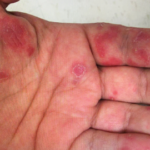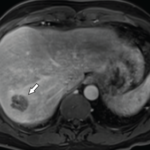In a clinical trial, patients with active systemic lupus erythematosus (SLE) did not experience a reduction in disease activity with the addition of rezpegaldesleukin to their standard treatments. However, some patient populations did see improvements in their disease activity compared with the placebo-treated group.









